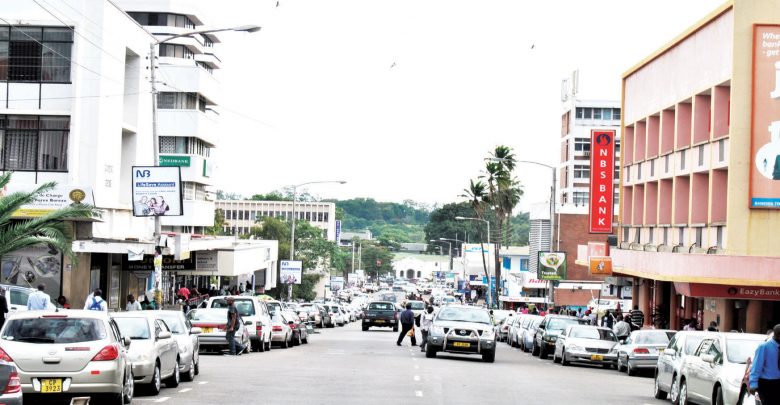
Banks face tight liquidity

Commercial banks continued facing liquidity squeeze, a situation which forced them to look up to the lender of last resort, the Reserve Bank of Malawi (RBM).
The situation could have a bearing on borrowing rates despite commercial banks maintaining their reference—a benchmark for other rates—at 12.20 percent in September.
Figures in the recent RBM Financial Market report for the week ending September 24 2021 show that daily commercial banks’ excess reserves before borrowing from the central bank averaged negative K87 billion.
Reacting, financial market analyst Cosmas Chigwe said the situation meant that banks had to borrow large sums of money from the central bank to keep their liquidity levels afloat.
“Automatically, when liquidity is tight, interest rates go up and, eventually, it is the consumer who is going to suffer.
“It is likely that reference rate and subsequently commercial banks’ lending rates will increase in the short to medium terms,” he said.
In its July Monitory Policy Committee report, RBM maintained the policy rate—the rate at which commercial banks borrow from it as lender of last resort—at 12 percent.
RBM Governor Wilson Banda then said the move was aimed at stabilising interest rates to make the cost of borrowing affordable and help businesses recover from economic knocks of the Covid pandemic.
In an interview Tuesday, Financial Market Dealers Association of Malawi President McLewen Sikwese, however, said banks are witnessing improving liquidity in the month of October, evidenced by decreasing access to the Lombard facility and improved liquidity in the interbank market.
He attributed the development to relatively smaller withdrawals of liquidity from the market through maturing reverse repos and Treasury securities maturities between October and the end of the year.
“These offer the market a chance to normalise the short liquidity situation despite the high sustained appetite for liquidity from the Central Government,” he said.
Most economic fundamentals have been unstable since the Covid pandemic and the authorities have been urged to put in place measures that will hold the economy from collapsing.
In 2020, the economy was a step away from recession as it registered a growth of 0.9 percent.
SOURCE: THE TIMES GROUP